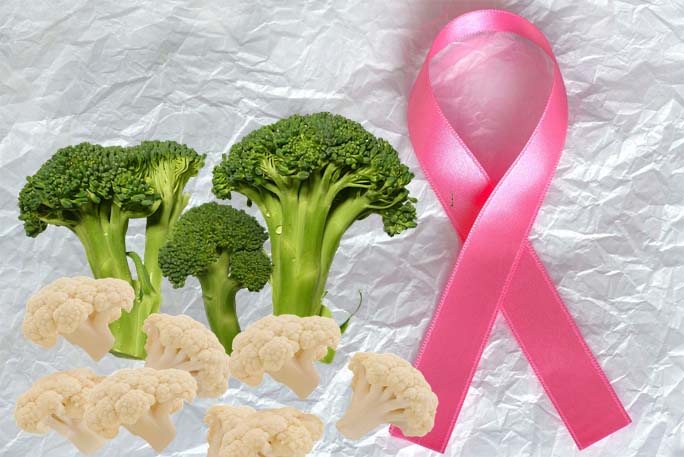
Glucosinolates which are present in cruciferous vegetables are transformed into isothiocyanates when the veggies are chopped or chewed. It has been demonstrated that these isothiocyanates are particularly effective against prostate, colon and lung malignancies.
Numerous cancers including lung, colon, breast, prostate and ovarian cancer are linked to cruciferous vegetable consumption, according to studies. Although the precise methods by which cruciferous vegetables may prevent cancer are not fully known it is believed that the isothiocyanates and other antioxidants included in these foods assist to shield cells from harm and stop the production of substances that cause cancer.
It’s crucial to remember that eating cruciferous vegetables is not enough to prevent cancer; it is only one component of a balanced diet that also includes regular physical activity, quitting smoking consuming alcohol in moderation and maintaining a healthy weight.
It’s also important to note that additional studies are required to confirm these results and completely comprehend the connection between cruciferous veggies and cancer prevention.









